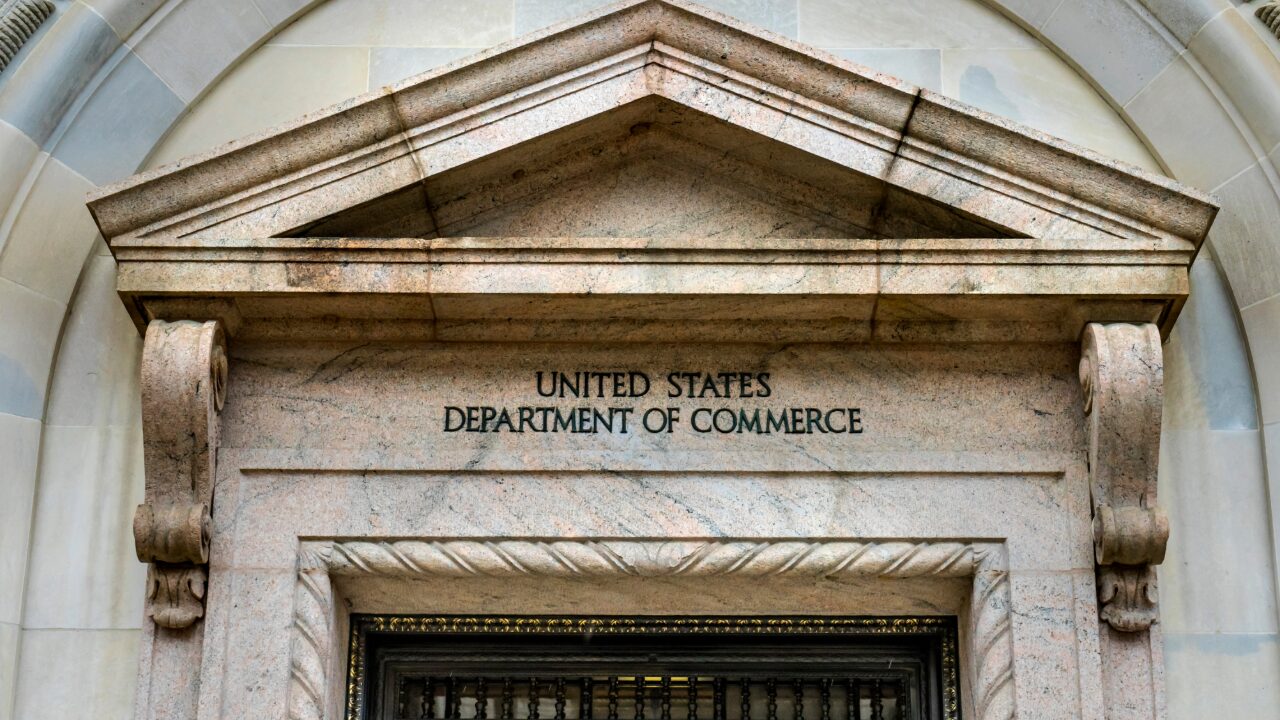Congressional Recess/Local Advocacy
Members of the House and Senate are leaving town for the next two weeks for the Congressional Easter recess. As ABMA concludes our 2022 virtual fly-in, the recess presents an opportune time to reinforce our policy priorities with your House Member or Senator when they are back in your state. If you happen to get an opportunity for some face time with your Member of Congress when they are back home for most of the rest of April, please press upon them the importance of supporting the legislation ABMA highlighted during our meetings this week. Those bills are:
- Rep. Elise Stefanik’s Employer Directed Skills Act—H.R. 6255. The bill simply seeks to make existing workforce development programs more flexible and accessible to small and medium sized businesses. Under the legislation, employers would be able to craft the training programs they need to recruit in-demand skill sets and then simply submit that plan to a local workforce development board or one stop workforce center for approval. The bill also has a sliding scale of reimbursement for training costs depending on the size of the employer. ABMA believes this bill would be a meaningful step Congress could take in helping Main Street businesses find and retain the workers we need.
- The LICENSE Act—H.R. 6567 and S. 3556—This bipartisan, bicameral bill would make permanent a couple of waivers that the Federal Motor Carrier Safety Administration (FMCSA) issued and renewed several times during the pandemic. All of the waivers FMCSA issued, which are set to expire again at the end of May, are common sense, practical steps to make it easier on those seeking to obtain their commercial drivers license to meet their paperwork compliance obligations. Among other things, the bill would let states give driving skills tests to non-residents, no matter where the student drivers received their training. Before the waivers were issued, a student trucker had to take the skills test where he or she trained. So if they lived in Florida, but got their training in South Carolina, the student would have to travel back up to South Carolina to take the test. The waivers addressed this issue and several others that were causing a backlog in CDL issuance and exacerbating existing supply chain issues.
- The Informed Lawmaking to Combat Inflation Act—H.R. 6629. This bill directs the Congressional Budget Office or CBO to look at the inflationary potential of pending legislation before Congress acts. Right now, CBO “scores” bills to inform lawmakers of their impact on the federal treasury. H.R. 6629 would add another layer of analysis. CBO would not only score the bill on how much it will cost the treasury but also analyze its inflationary impact. The analysis would only apply to major bills pending before Congress. ABMA believes this is a reasonable measure and a substantive step Congress can take to address rising prices that are affecting virtually every commodity and consumer good.
Russian Trade Sanctions
Congress gave final approval to legislation revoking normal trade relation status from Russia and Belarus. The bill is on its way to President Biden who will sign it.
The House passed the bill 420-3 Thursday, just hours after the Senate cleared it on a rare 100-0 vote. It would put Russia and Belarus in the same category as pariah states such as North Korea and Cuba, adding to the growing list of economic barriers erected by the U.S. and its allies to punish Russia over the invasion of Ukraine.
The bill allows the U.S. to impose large tariff increases on goods from Russia and Belarus, which has hosted some of the Russian troops who invaded Ukraine. Under the legislation, the tariffs on iron and some steel products could be raised to 20% from 0%. Plywood could face a 50% levy. The Biden Administration last month already banned imports of signature Russian products including oil, gas, vodka, seafood and industrial diamonds. The Senate also passed a bill Thursday to bar U.S. imports of Russian oil, gas and coal, which the House was expected to take up quickly on Thursday.




